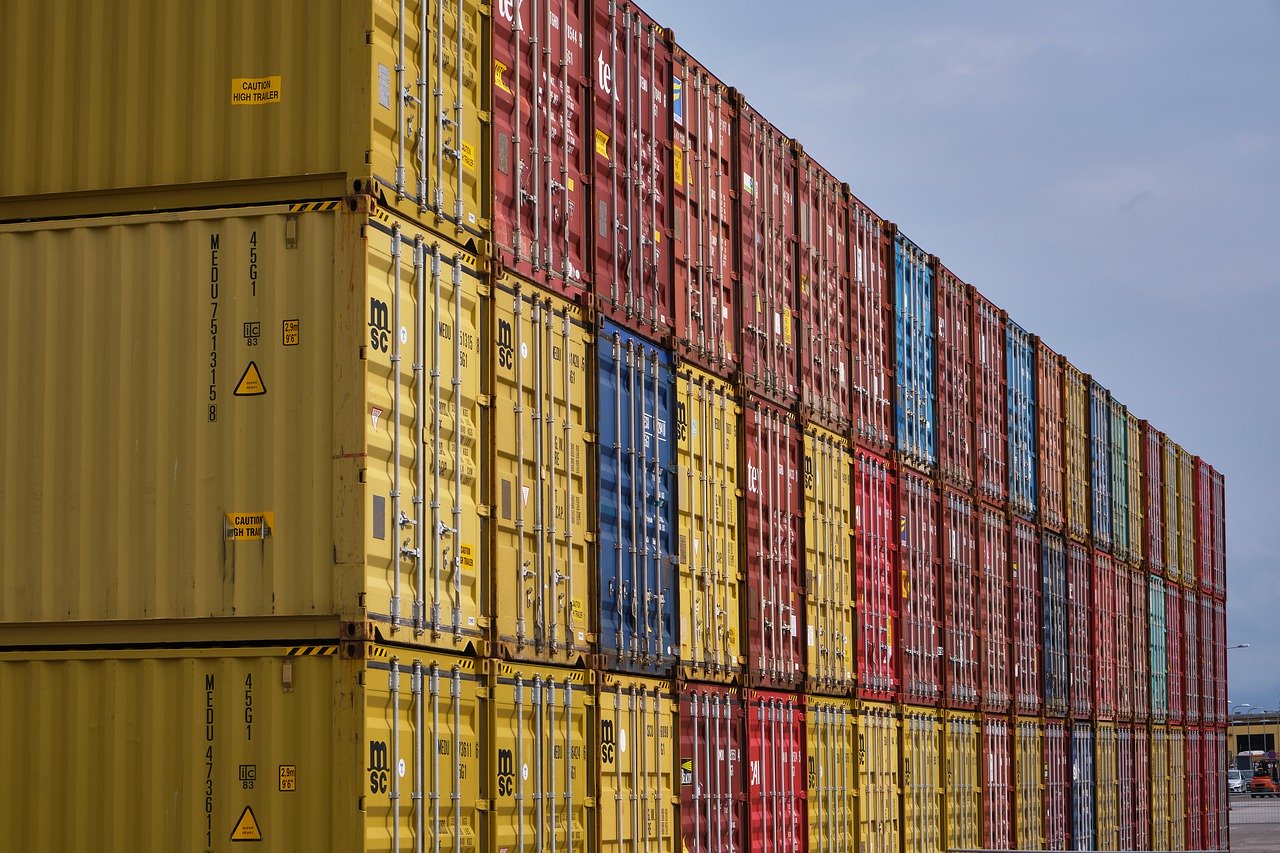Detention. Isn’t that where I had to stay after school and write 100 times, “I will not (whatever bad thing I did)?” Never mind.
We’ve all heard about demurrage and detention, but with a good freight forwarder and customs broker, we rarely incur these costs. But with the pandemic’s disruptions to the supply chain, product demand, an inventory levels, they are becoming a real concern.

Demurrage comes from the old French demeurer, meaning to linger or remain. Years ago, merchants charted ships to move their goods. When a loaded ship arrived in port, the merchant had an agreed upon period of time to unload the ship. The ship owner wanted the cargo removed so he could charter the ship out to another merchant. If the merchant held up the ship beyond his allotted time, he was charged a fee. Today, most cargo moves in containers, and if you don’t remove them from the container yard within several days after offloading the ship (your free time), you can be charged hundreds of dollars per day for demurrage.
Detention is similar to when I was detained after school. It applies to having the container OUT of the container yard longer than allowed. Whether stuffing a container for export, or devanning an imported container, you must return that container to the container yard within the required period of time, or you are charged hundreds of dollars per day for detention, for detaining the container.
You will sometimes hear the term per-diem. That simply means per day, and by itself, you don’t know whether it refers to demurrage or detention, since both are charged on a daily basis.
Now to the pandemic. Although China’s factories were briefly shut down, they are now back on line, shipping goods to the U.S. But now the U.S. is shut down. Customers aren’t buying goods, inventories are backing up, and there’s no place to put all the stuff coming off the ships.
Leaving containers at the pier until you’re ready to receive them will result in demurrage charges. But pulling the containers out and parking them, leaving the cargo inside as if it’s your “extra” warehouse space, will result in detention charges.
Some ocean carriers are beginning to offer a Suspension of Transit service where they can drop off your container mid-shipment. Generally, demurrage is more expensive in the busier origin and destination ports, but less expensive in some stopover along the way. They can drop your container off, and you can then schedule reloading onto a different ship at a later date. The nice thing is that they can do this on the same bill of lading – not splitting the bill of lading. There is a charge for this, but depending on the length of time, it will generally be less than demurrage or detention at the origin or destination ports.
There are requirements. You must arrange for this at the time of booking, which may involve your supplier overseas. And you must give the carrier some advance notice to reload.
There are also some restrictions. You may not do this with refrigerated containers or hazardous materials. Nor can you do this with LCL cargo, because you’re sharing the container with others.
You don’t have to work directly with the ocean carrier on this. Rather have your freight forwarder make the arrangements.
Hopefully, it won’t be too long until the world get back to something a little more normal.

